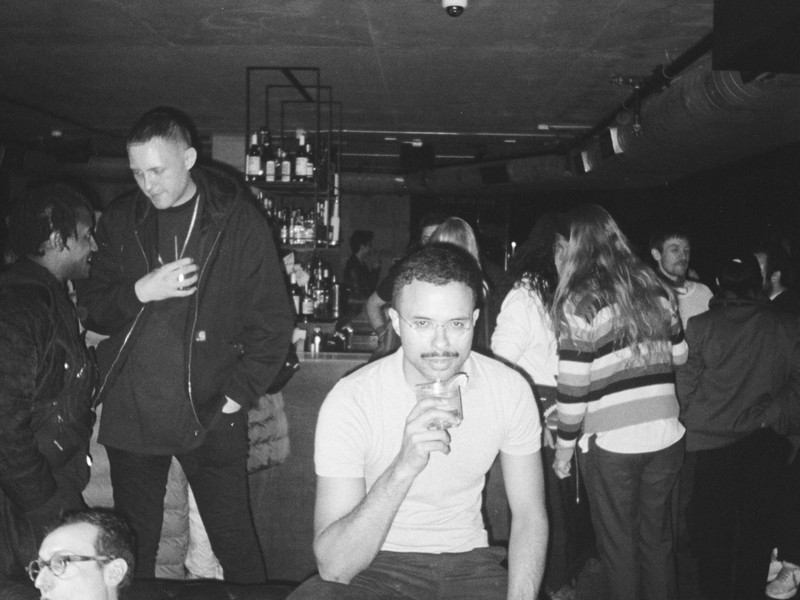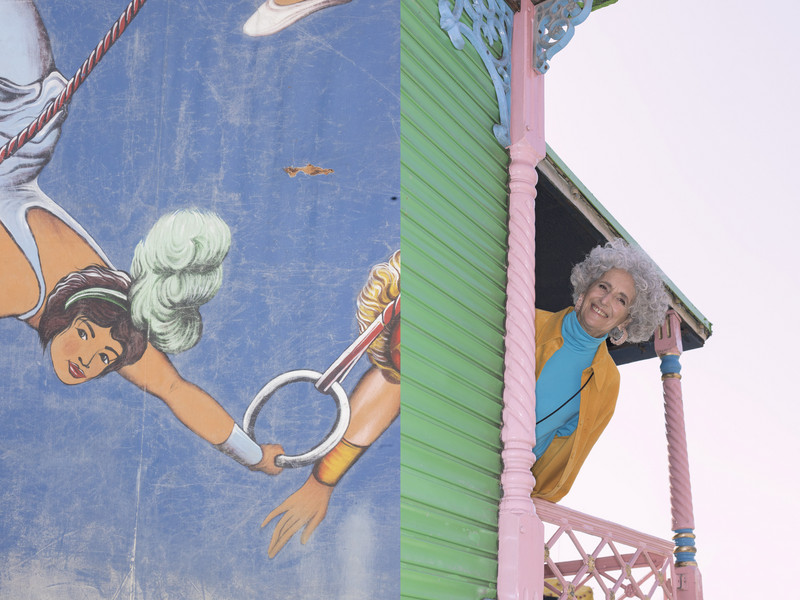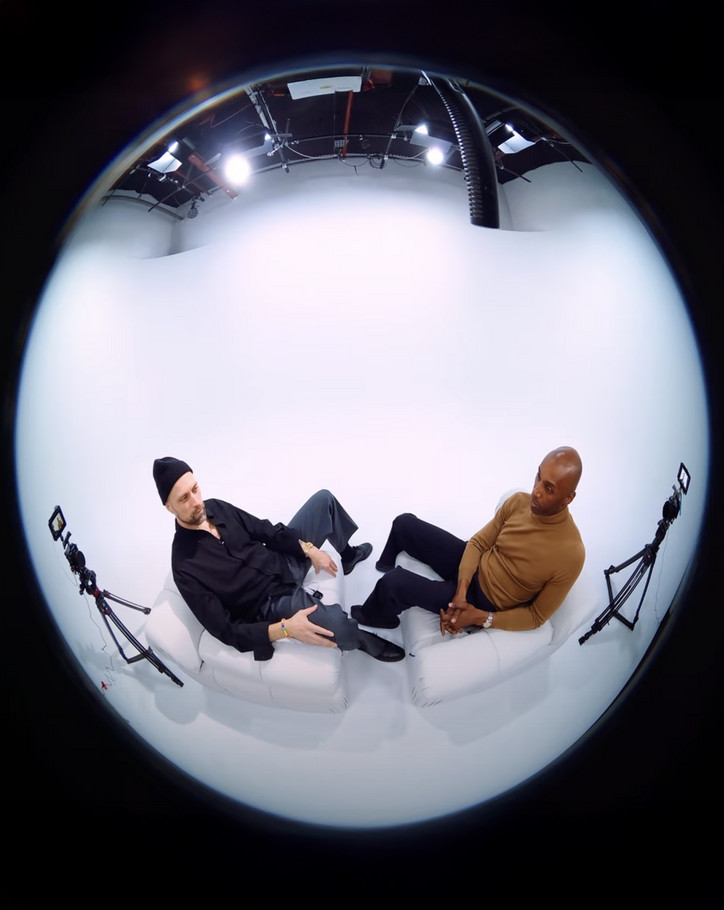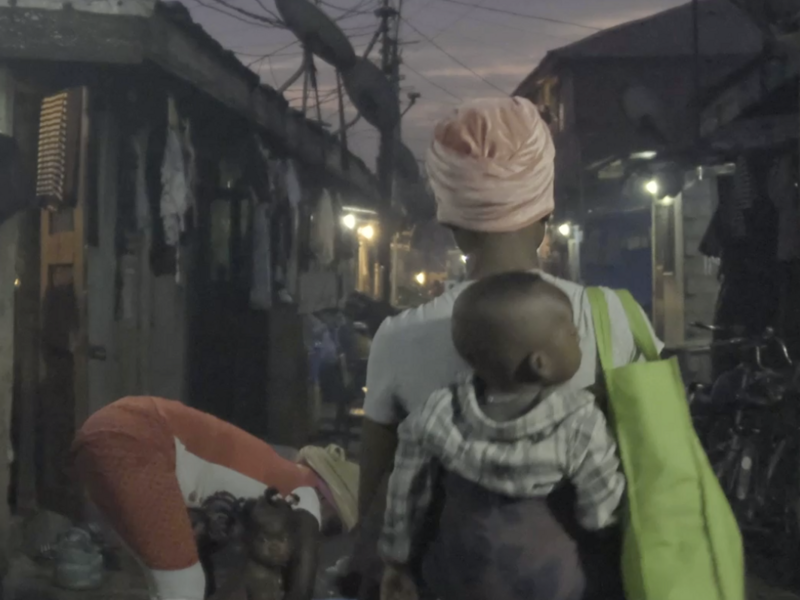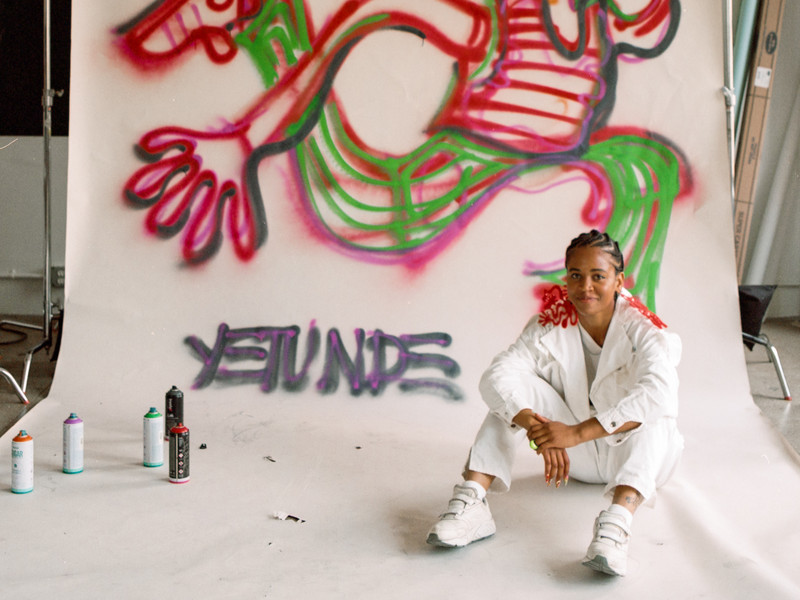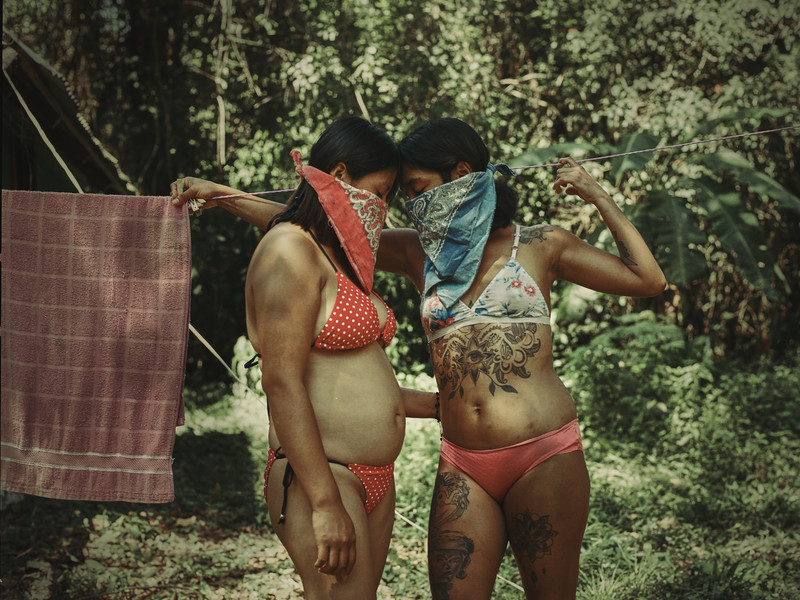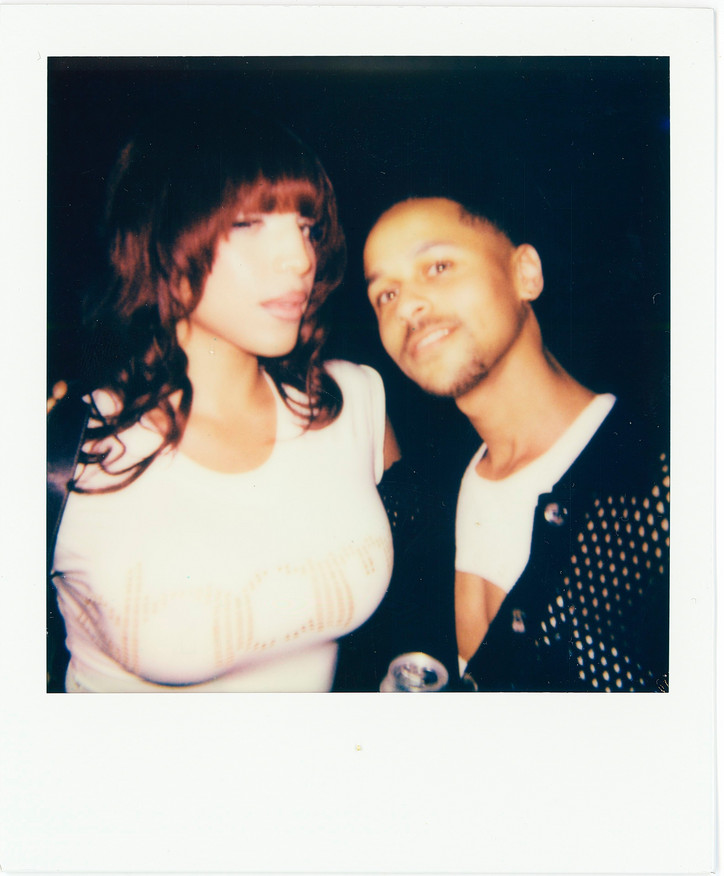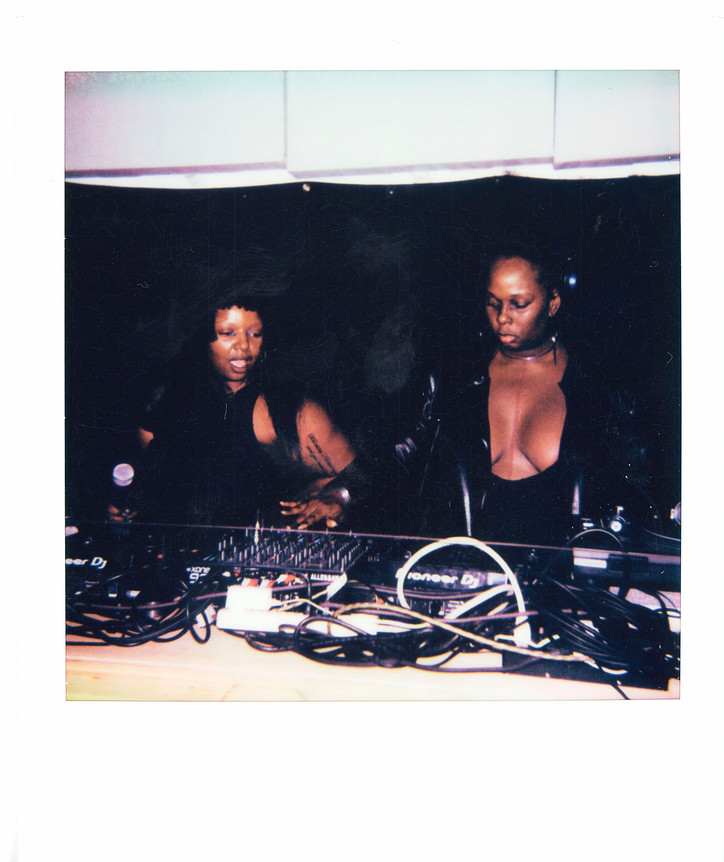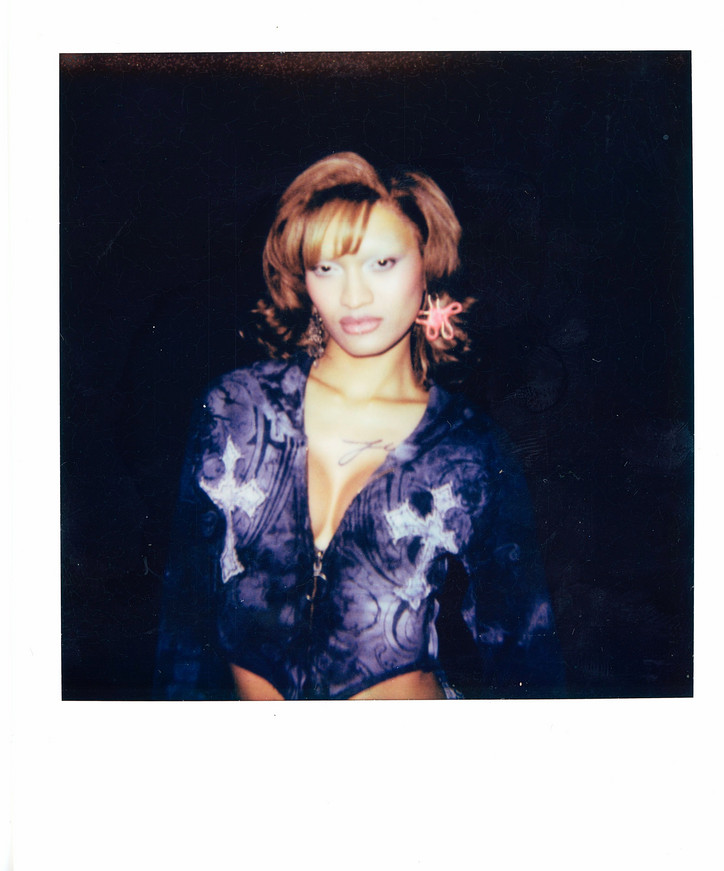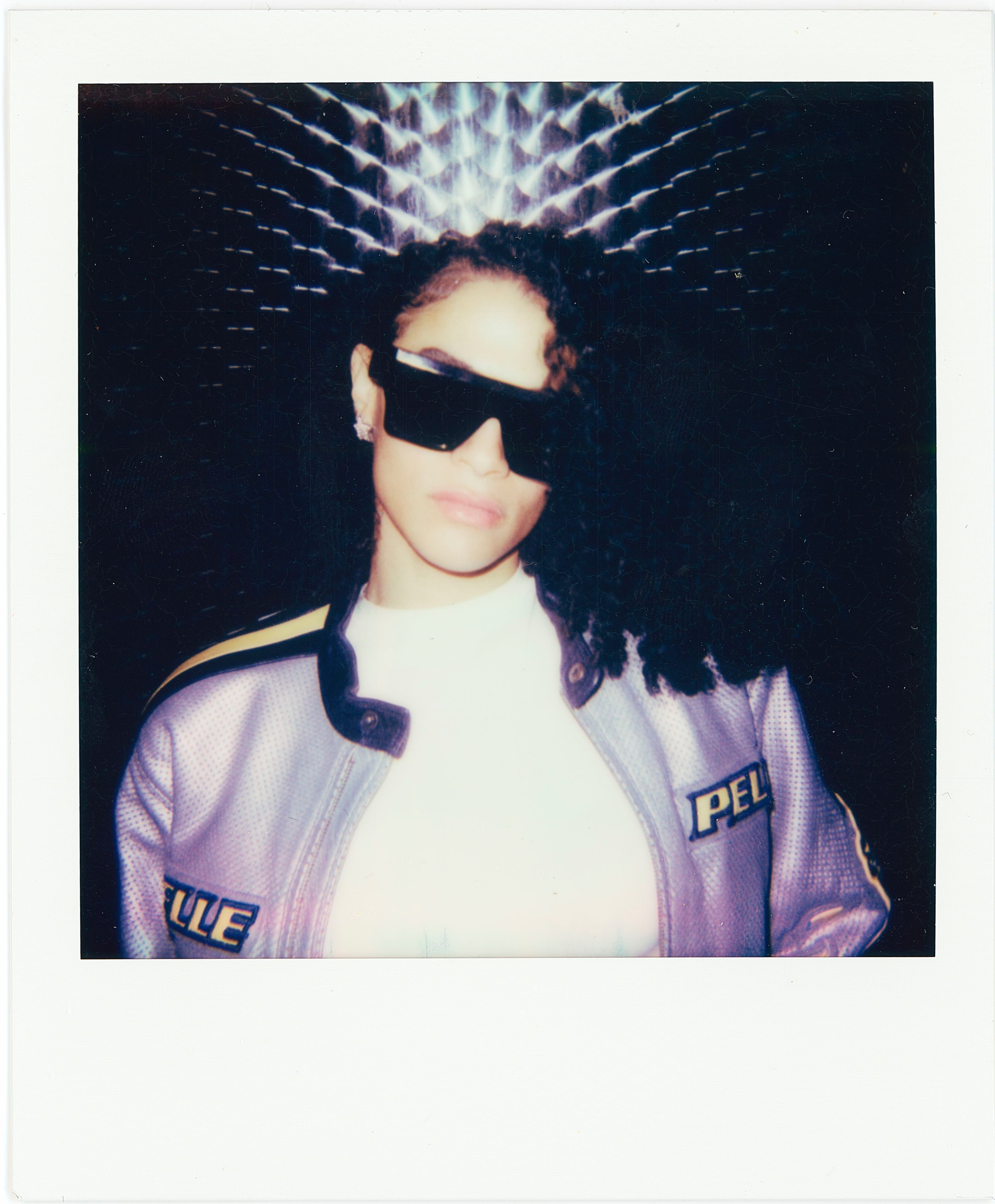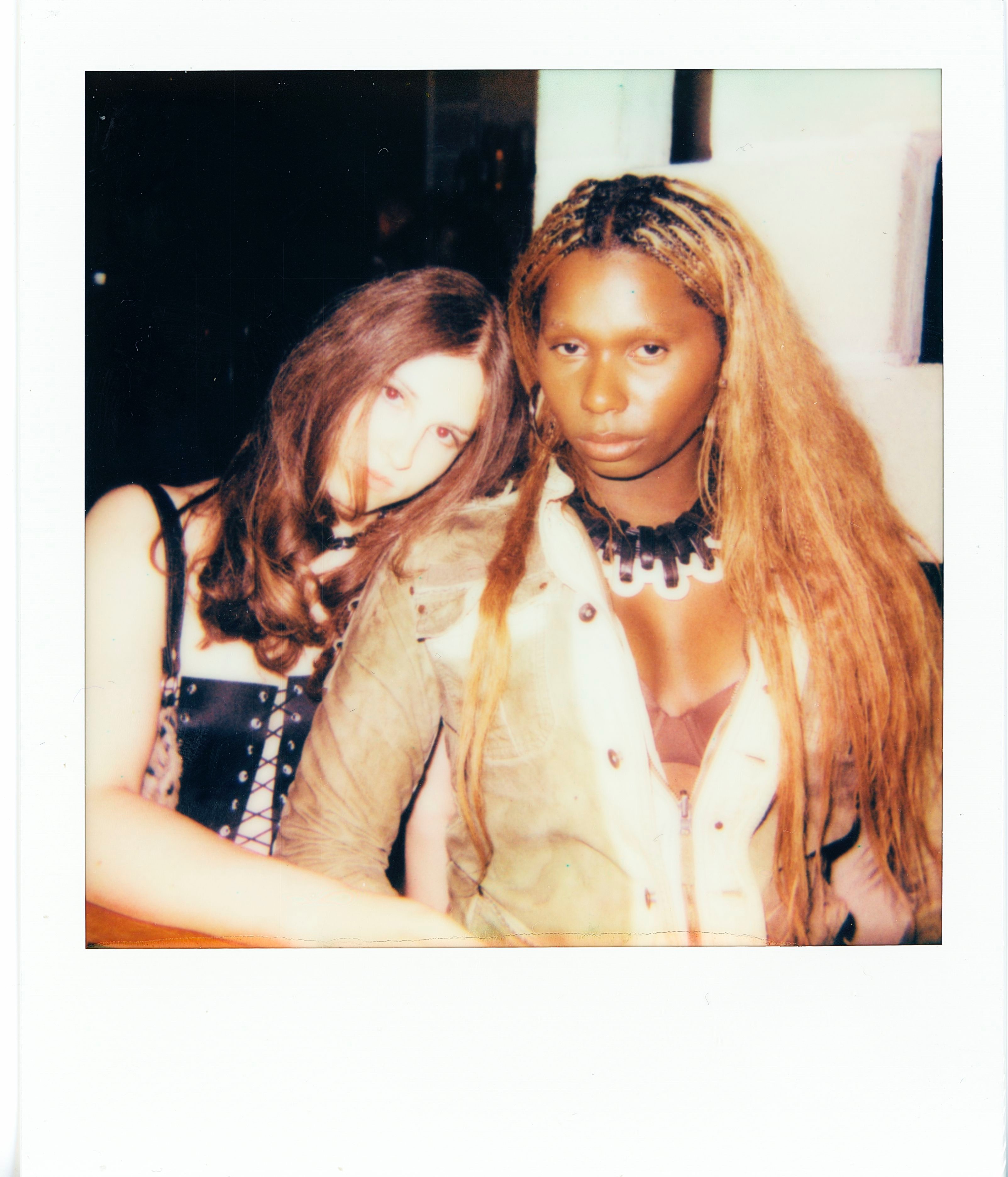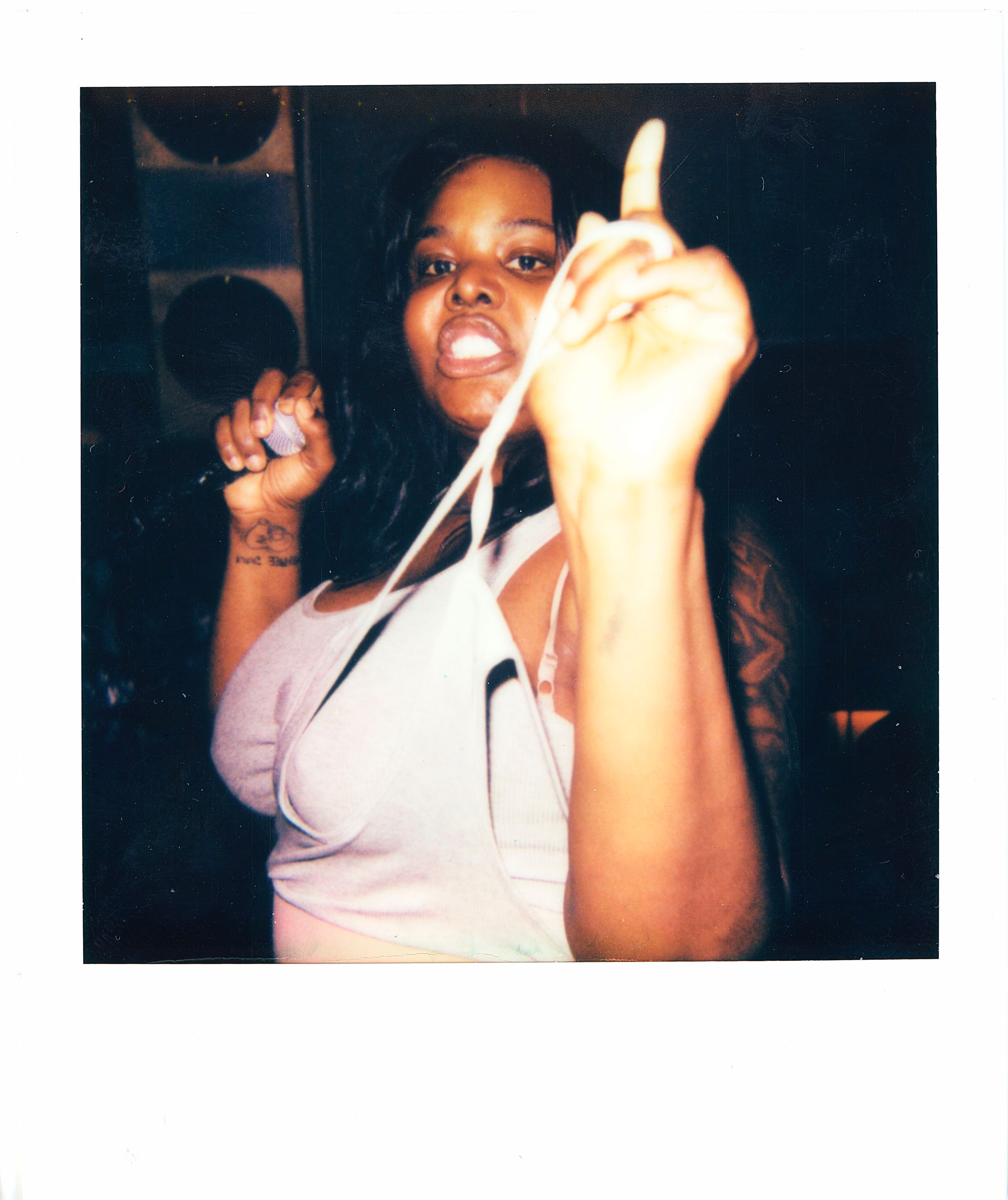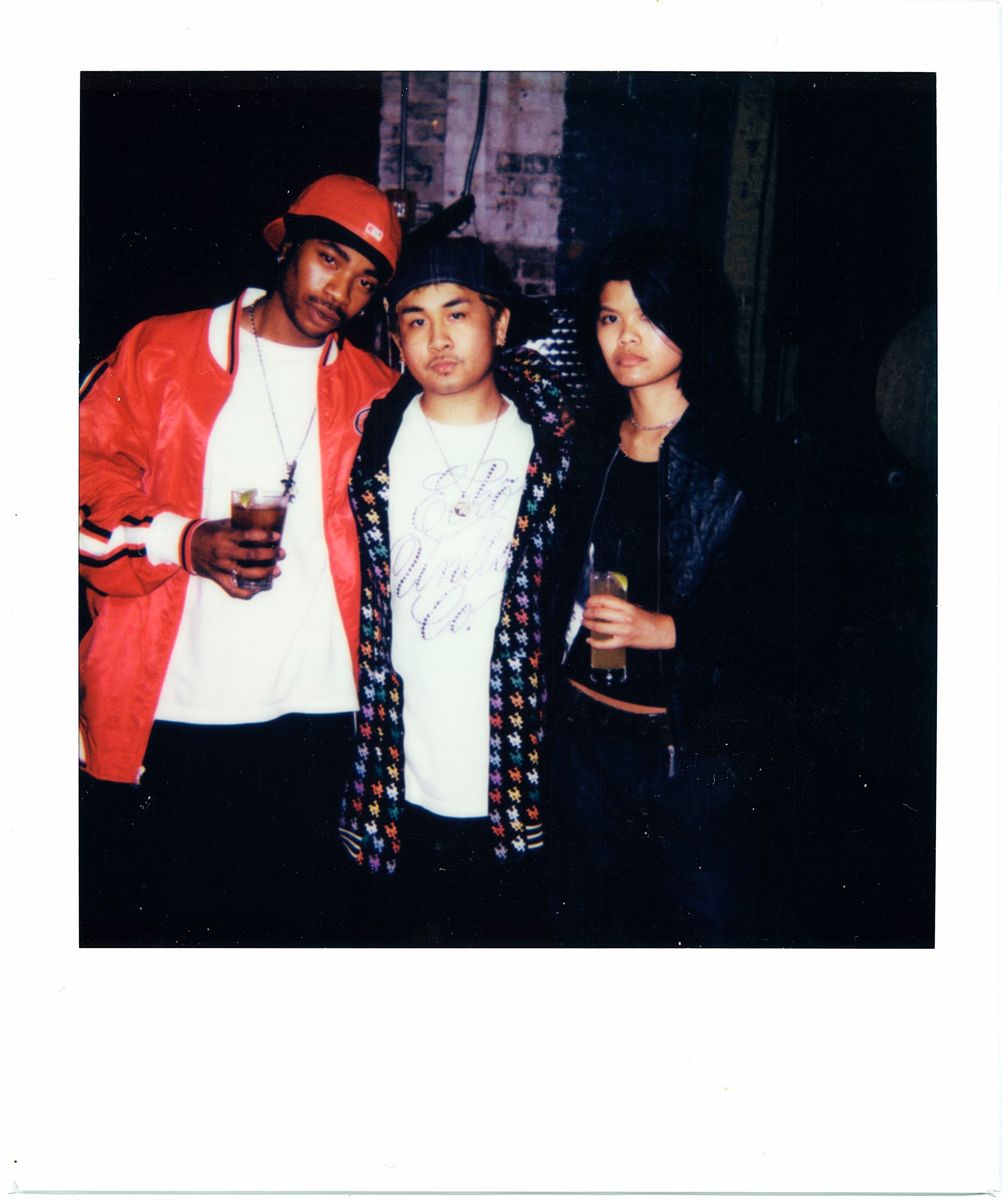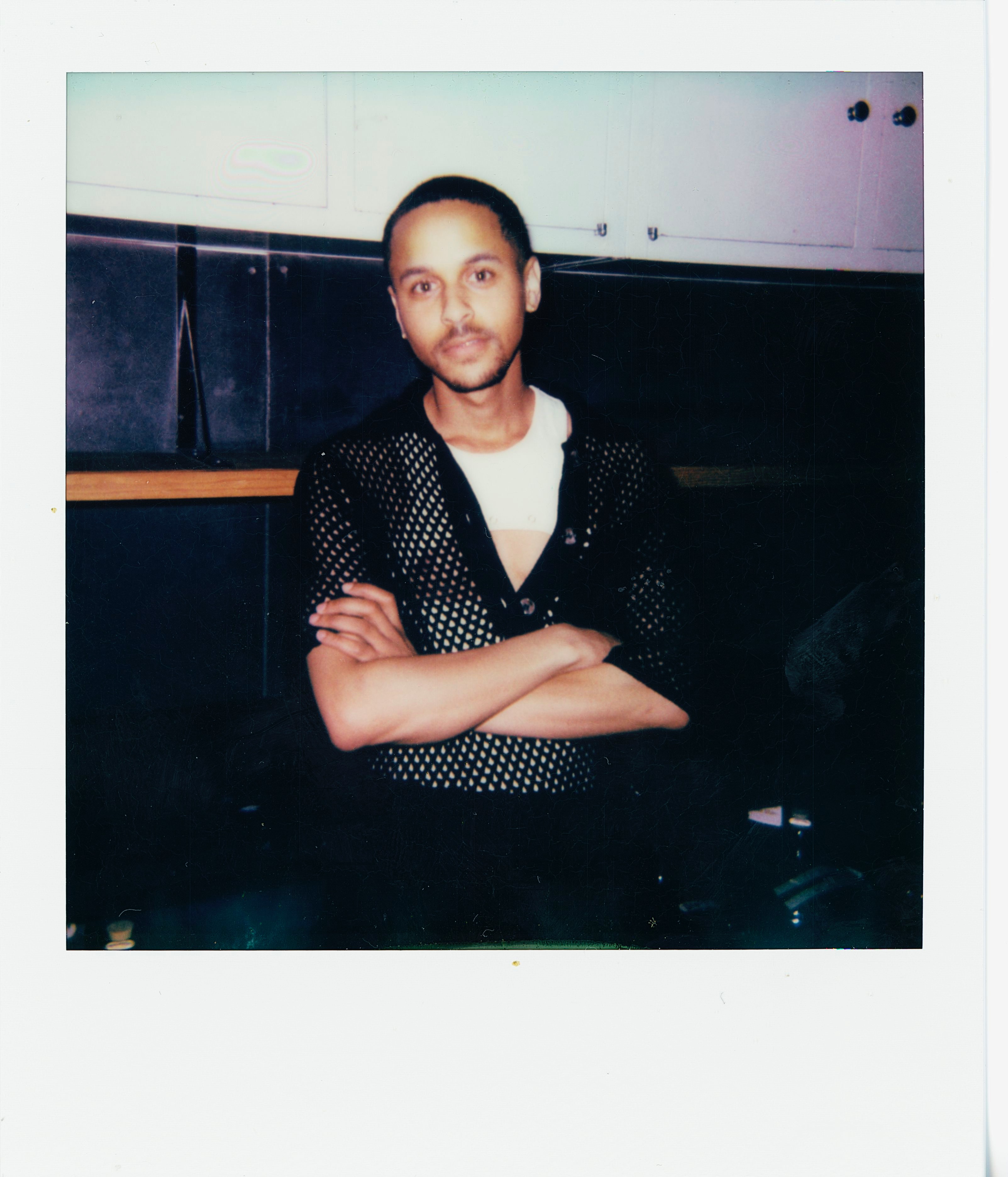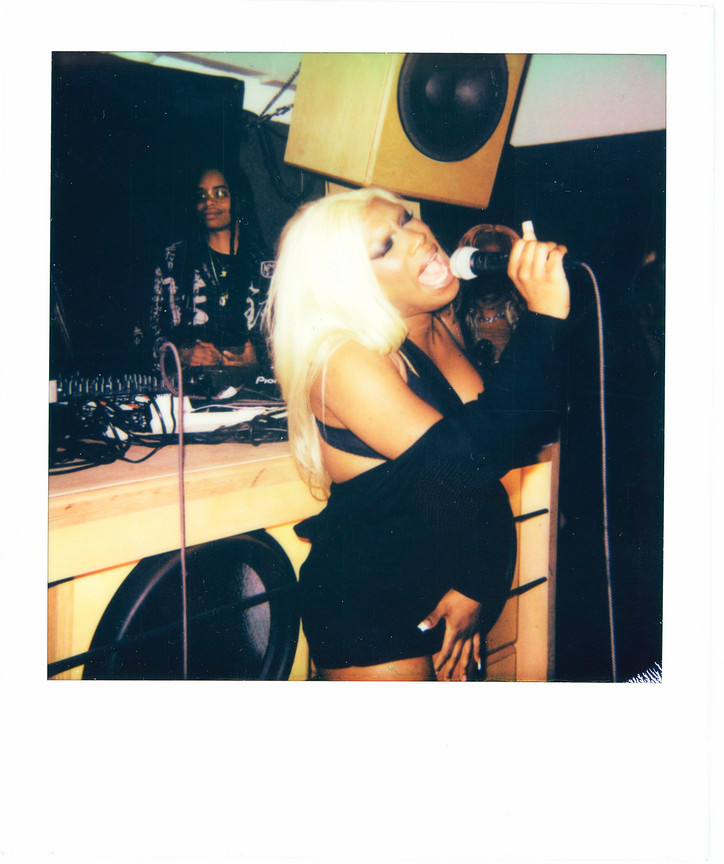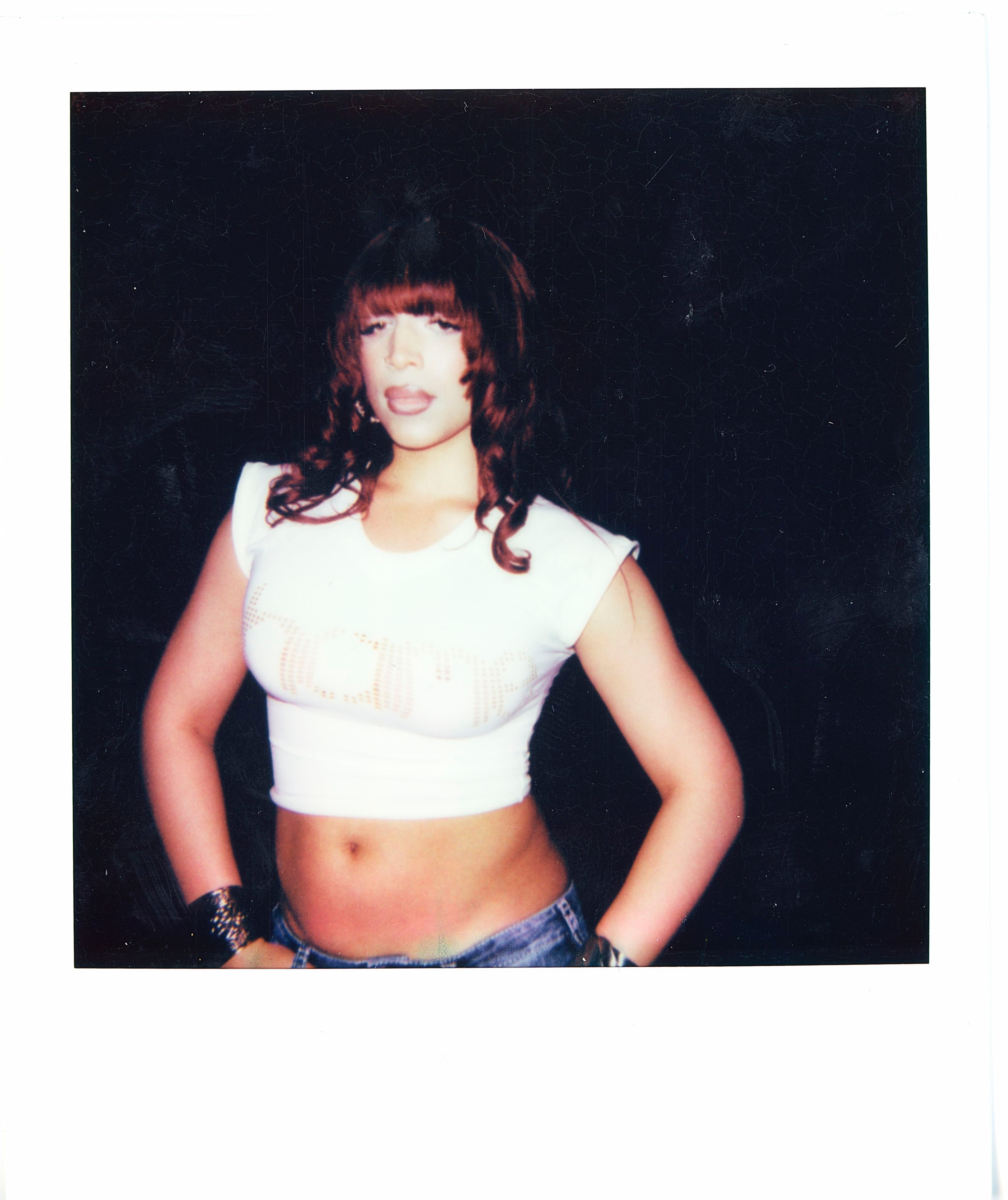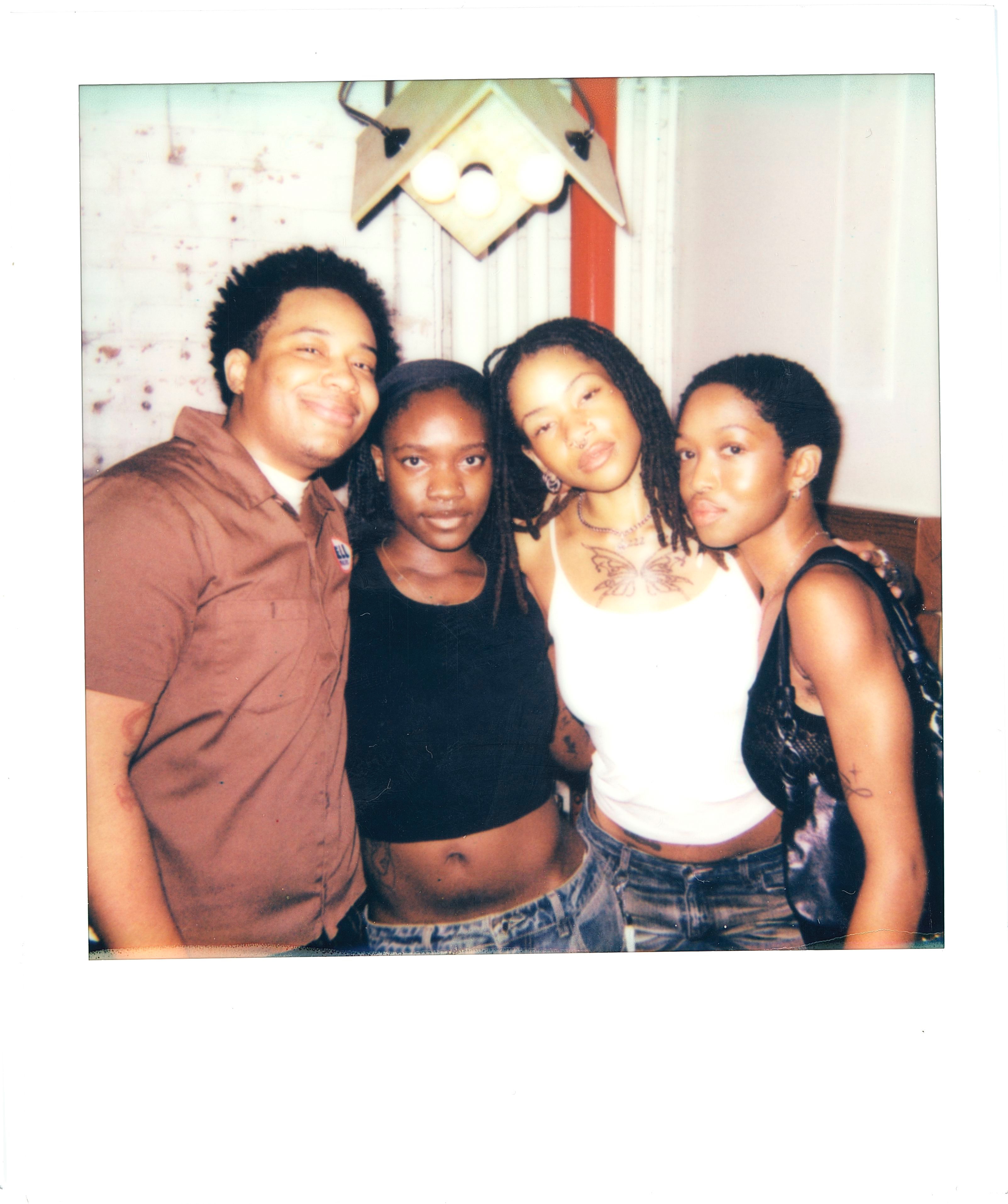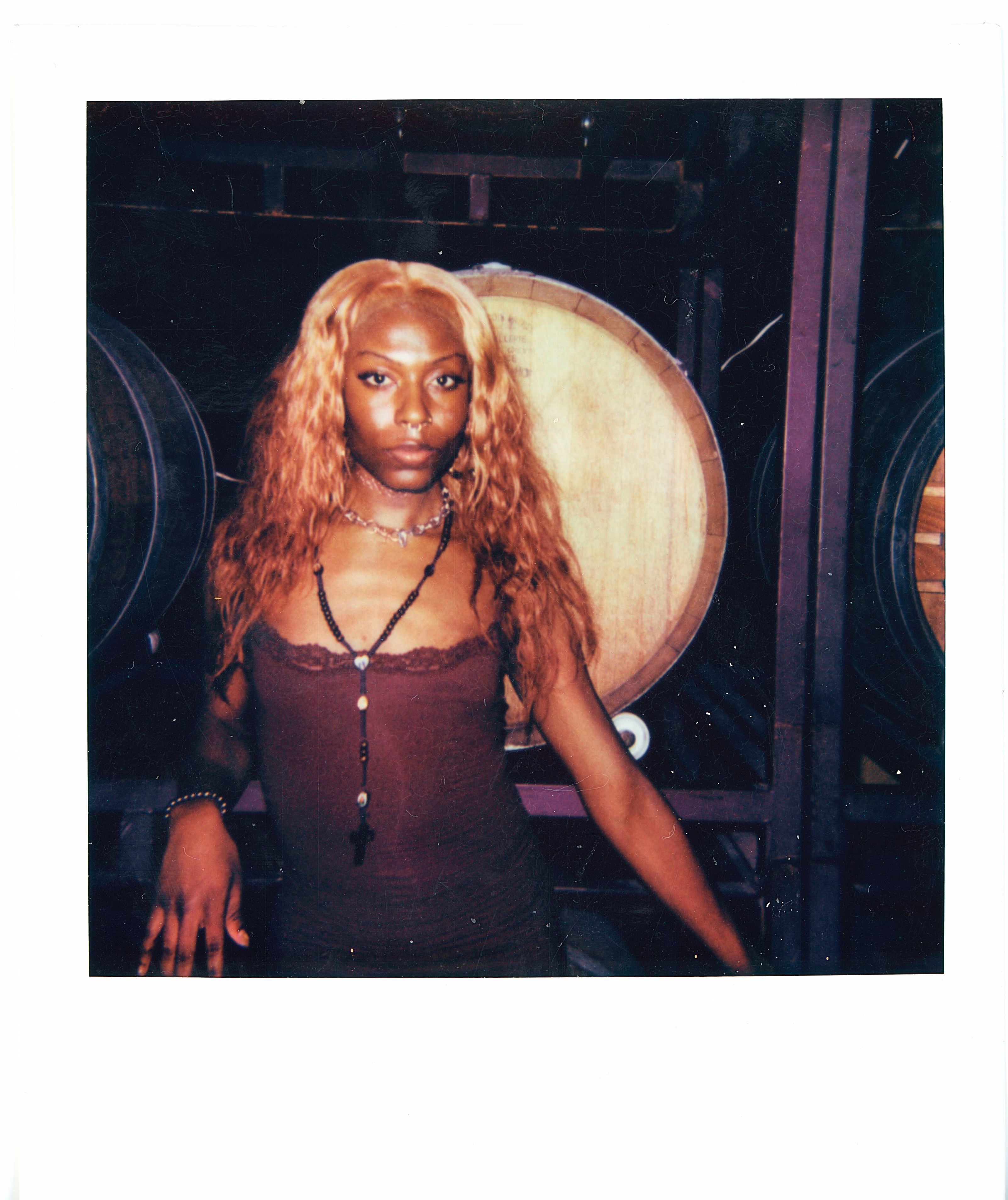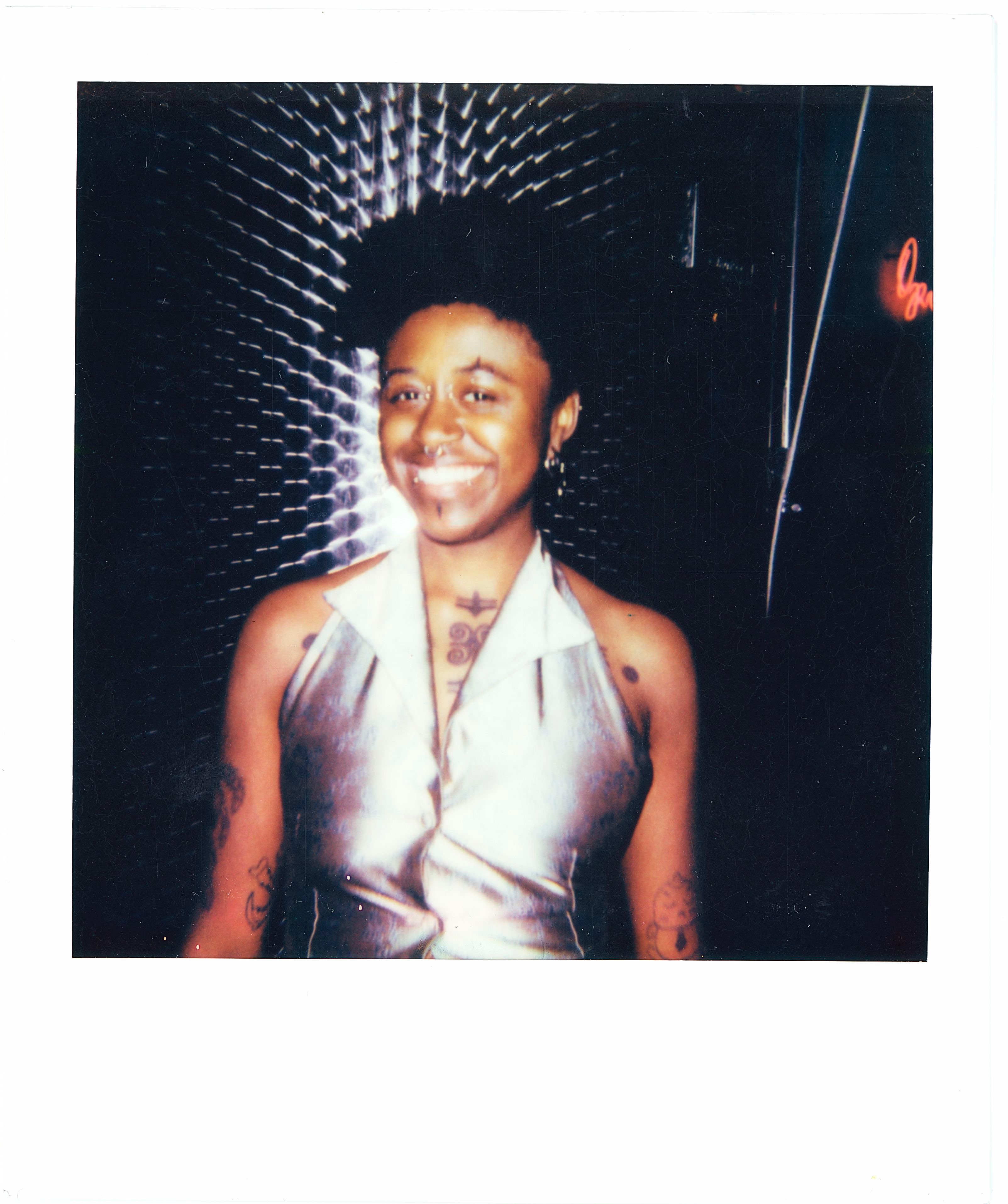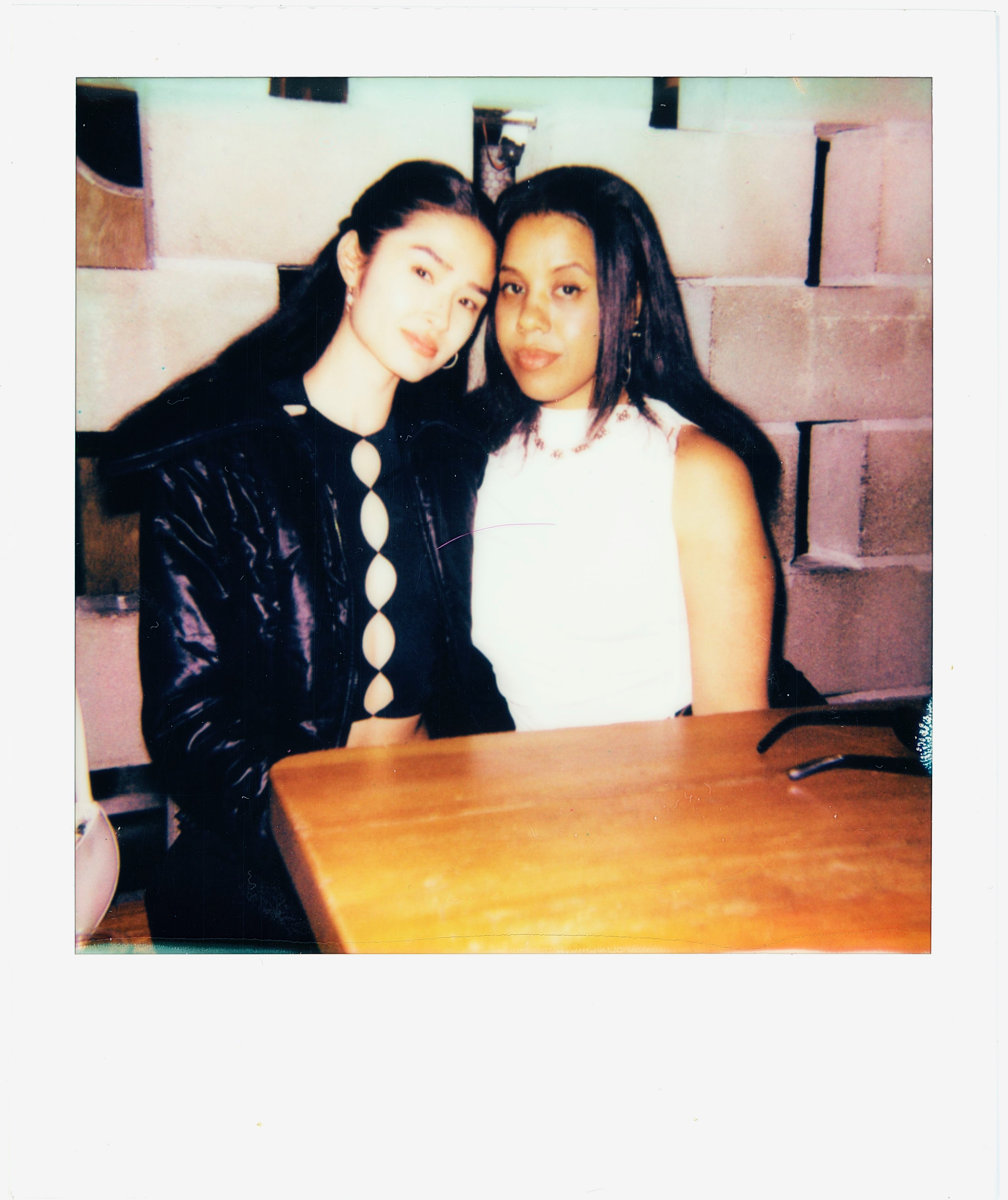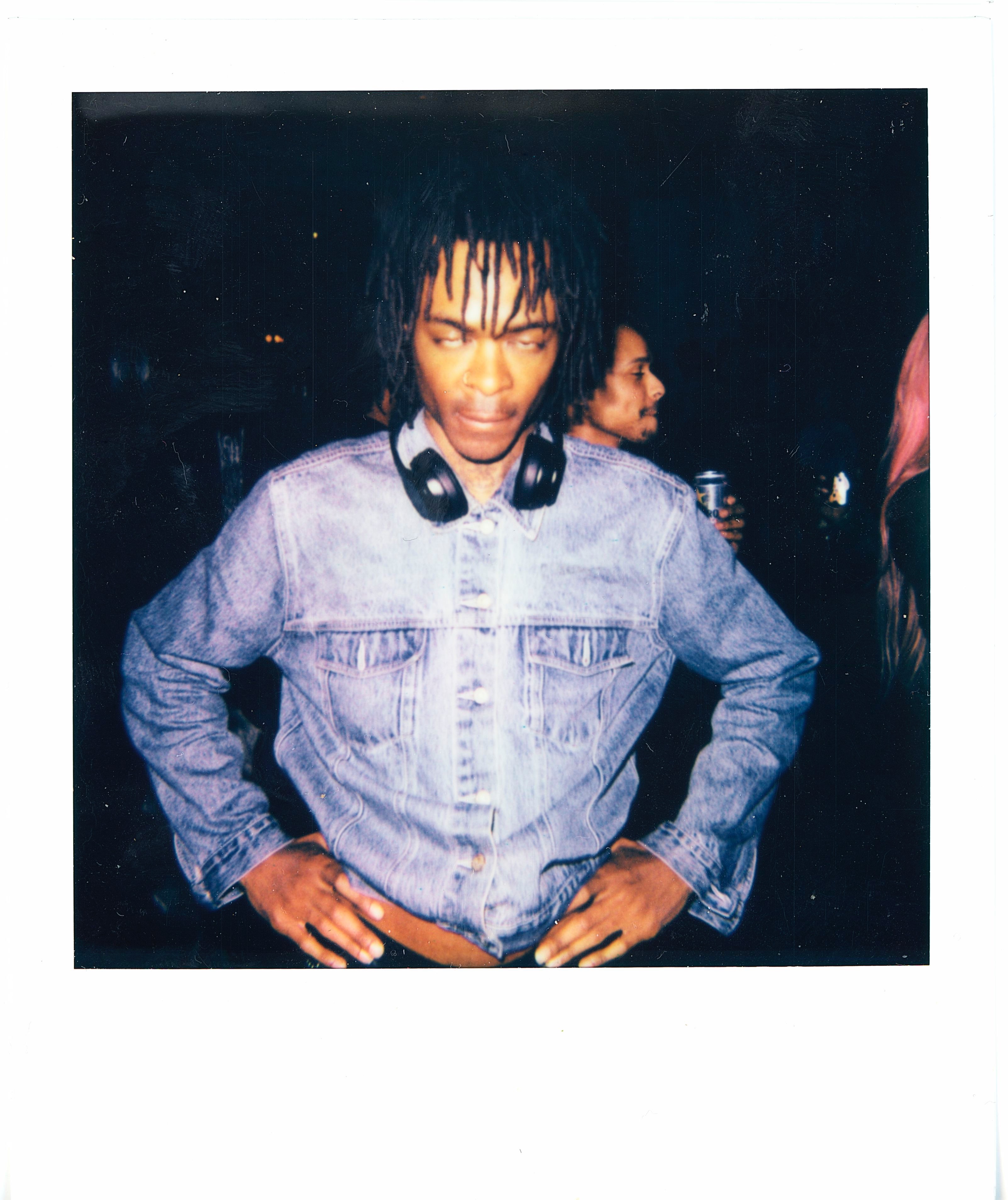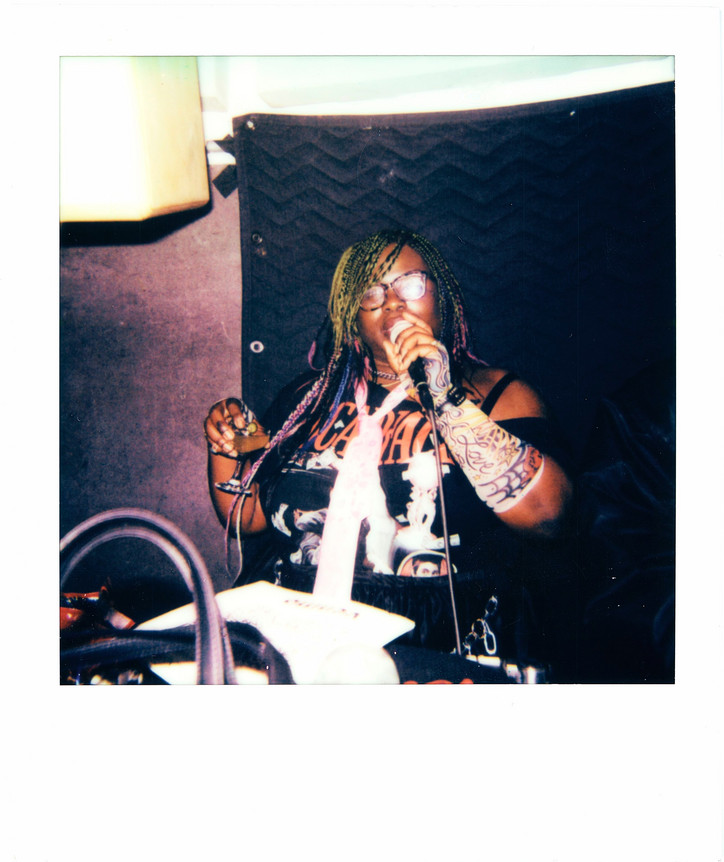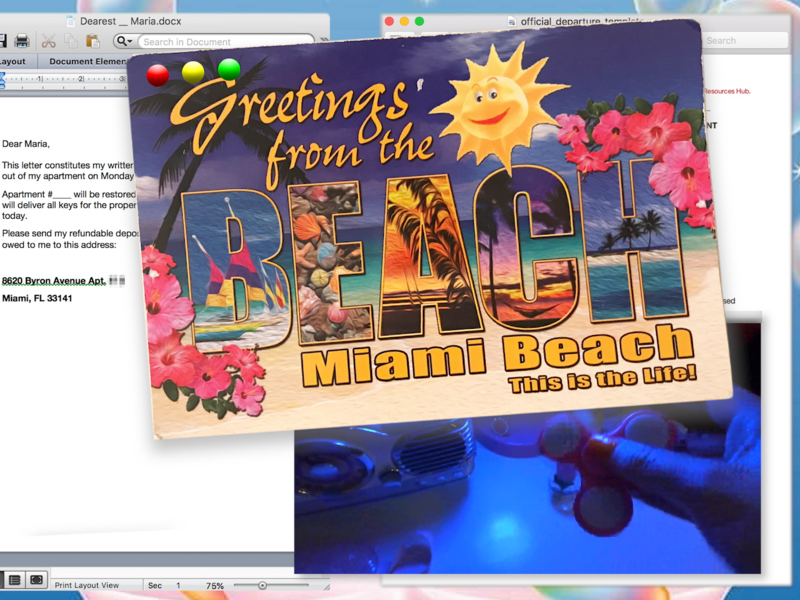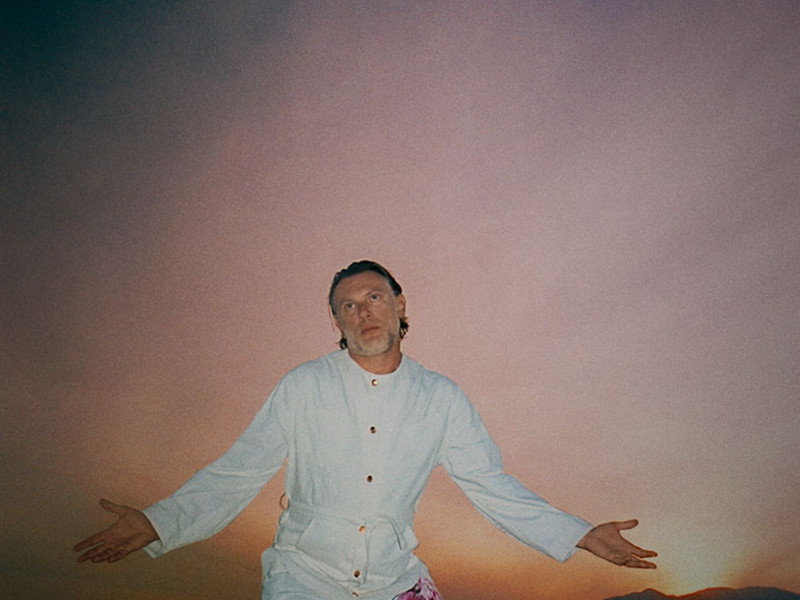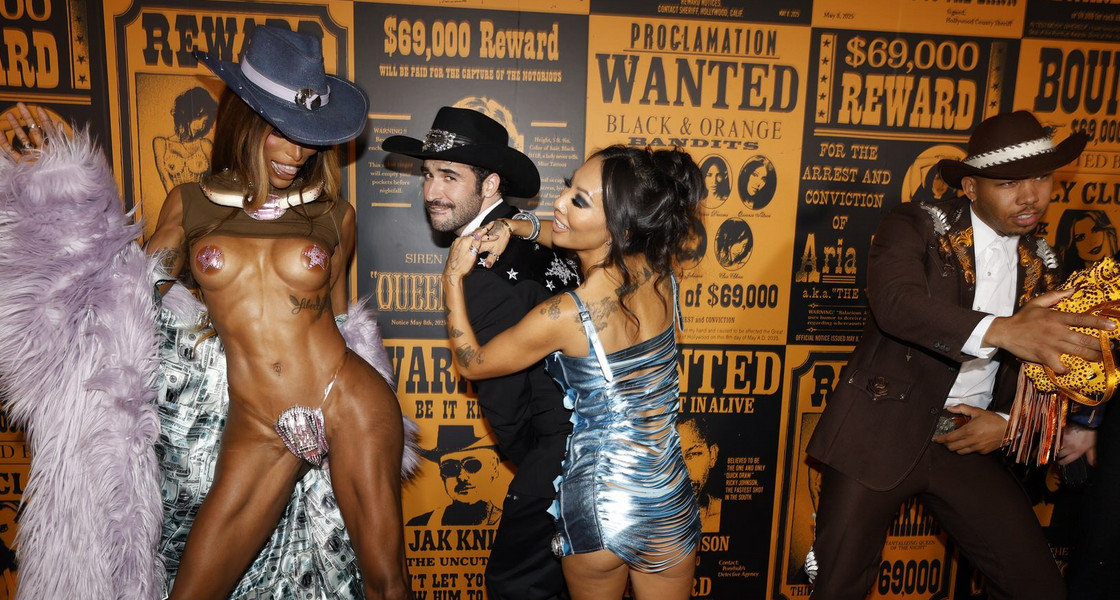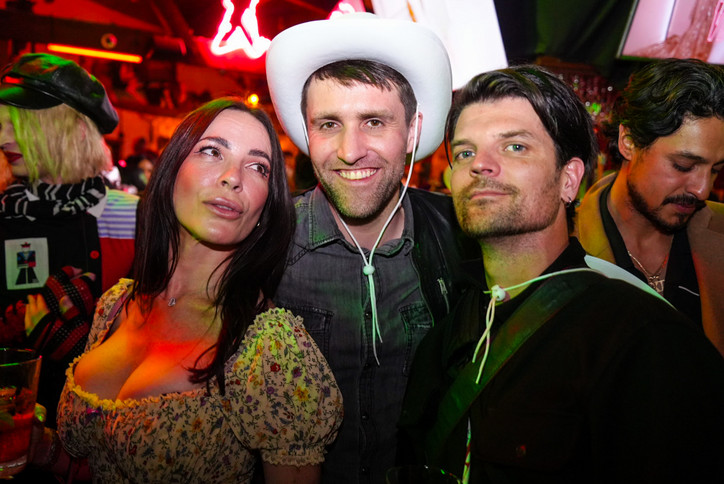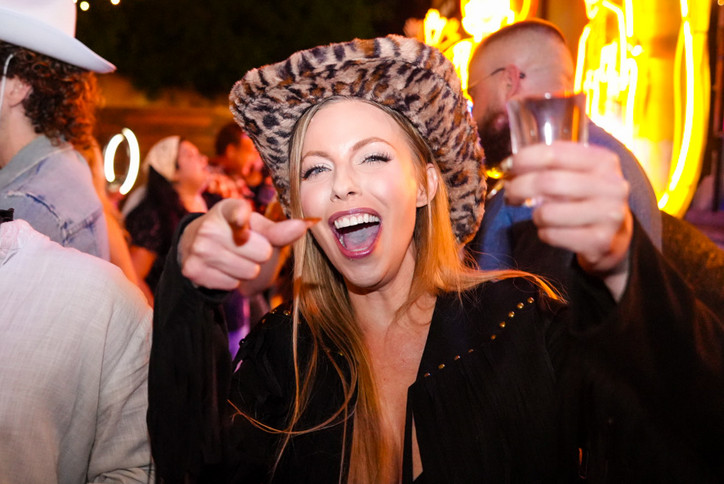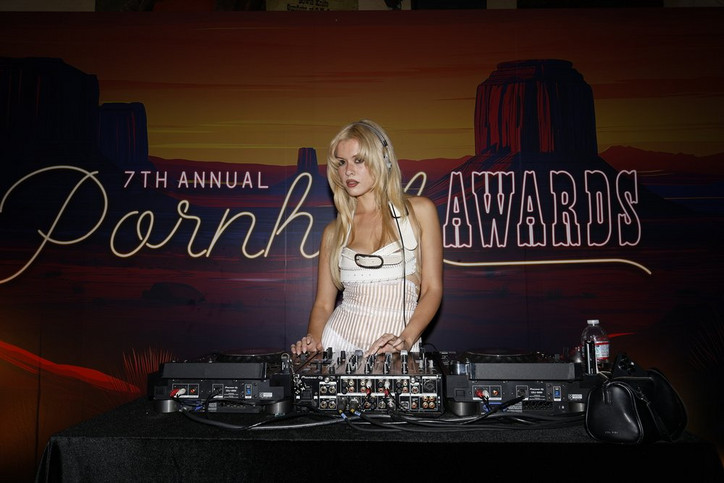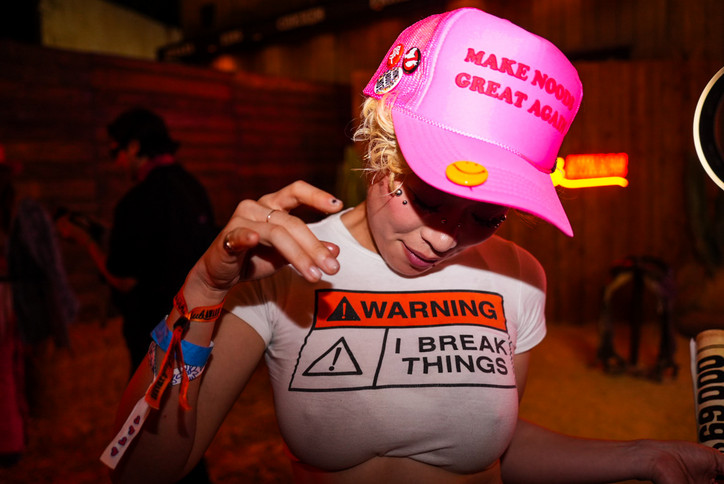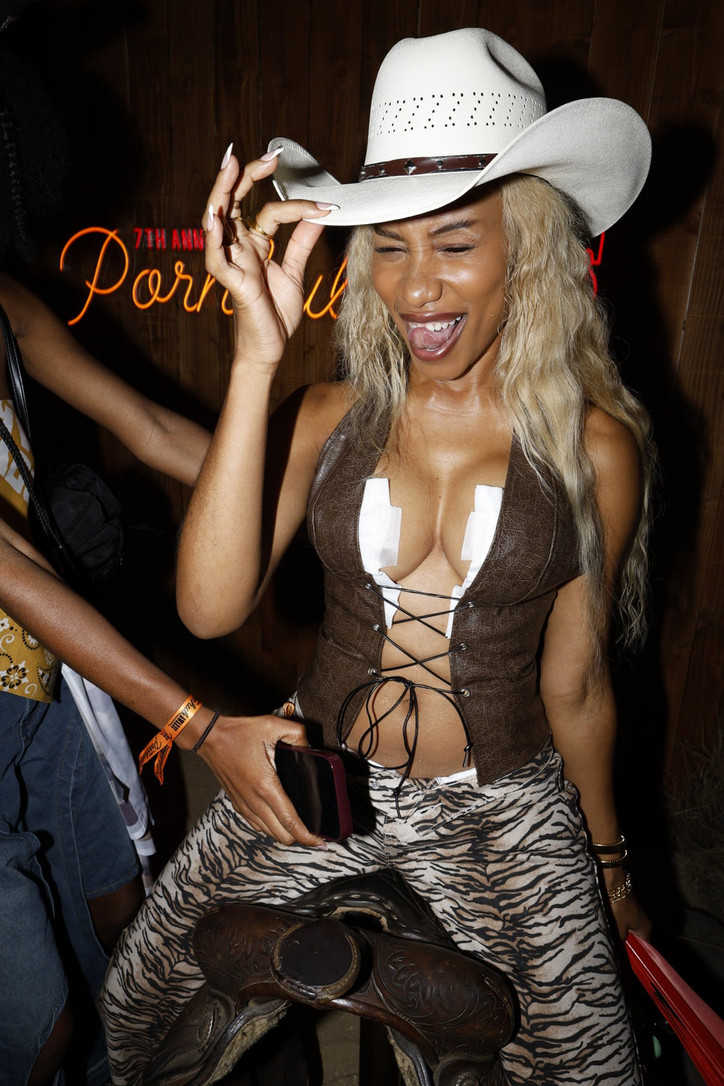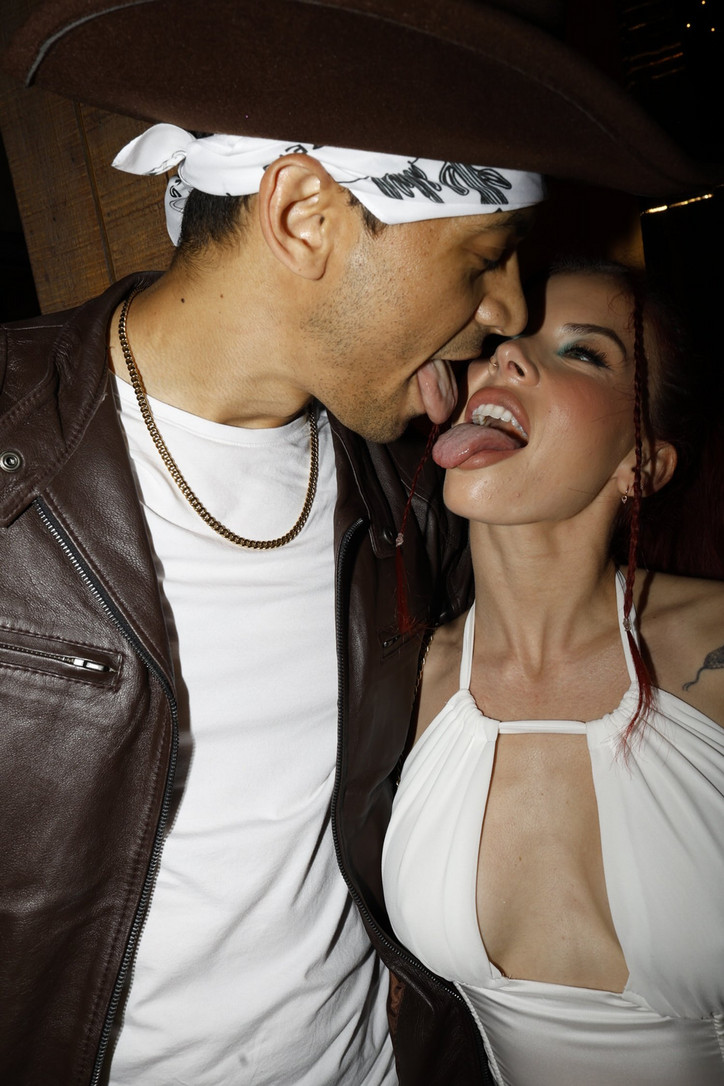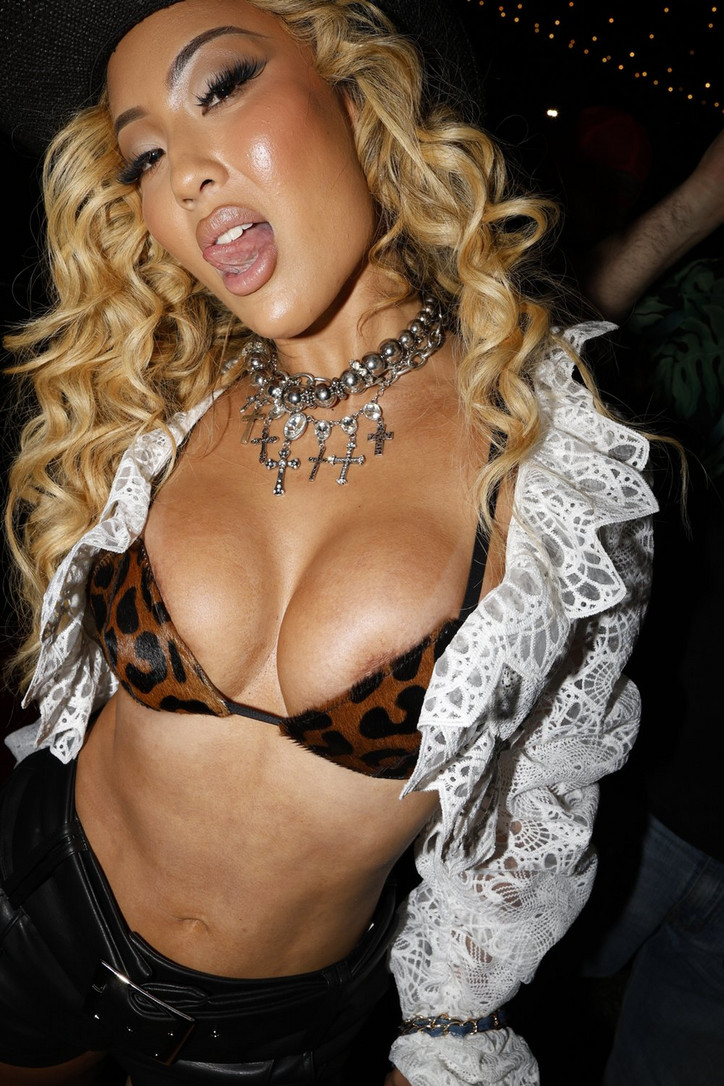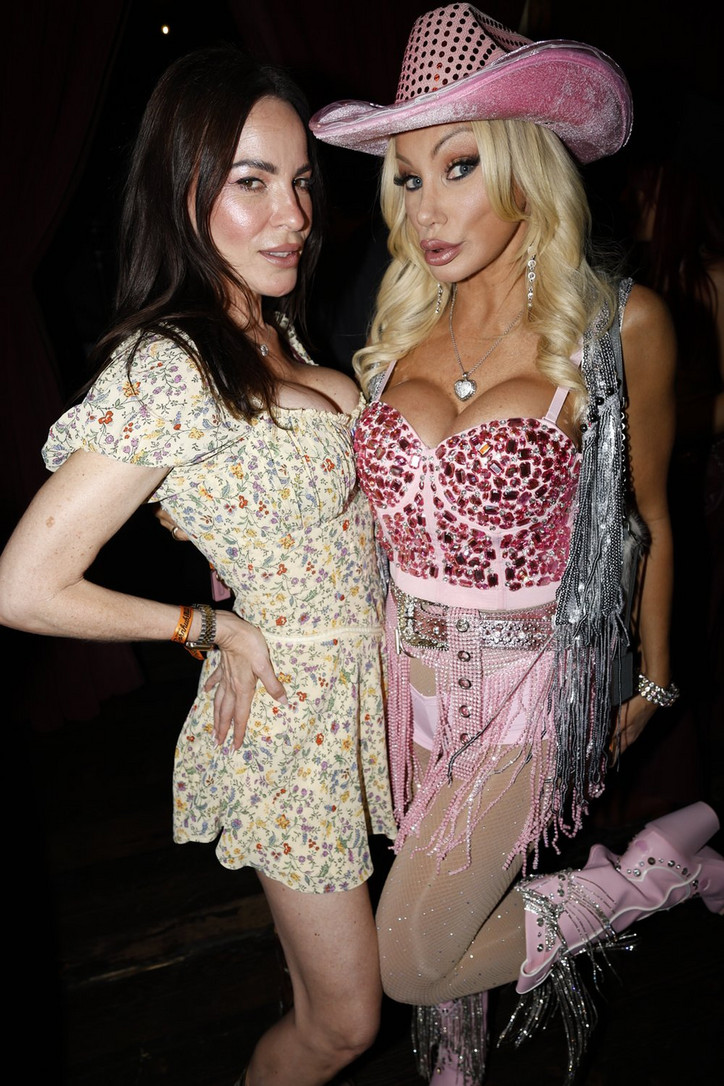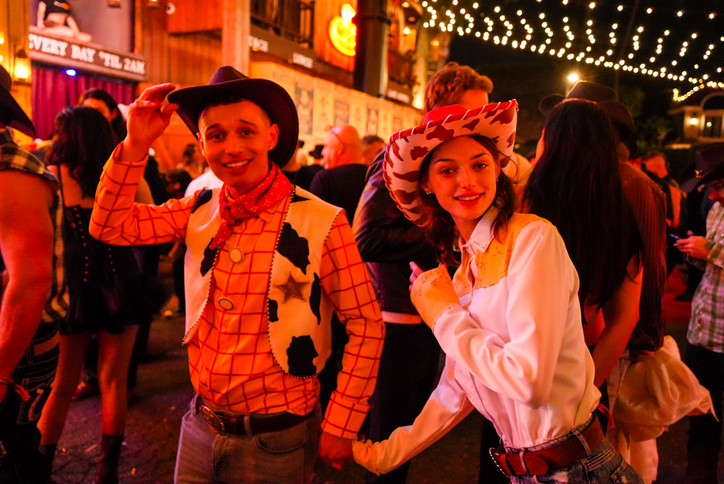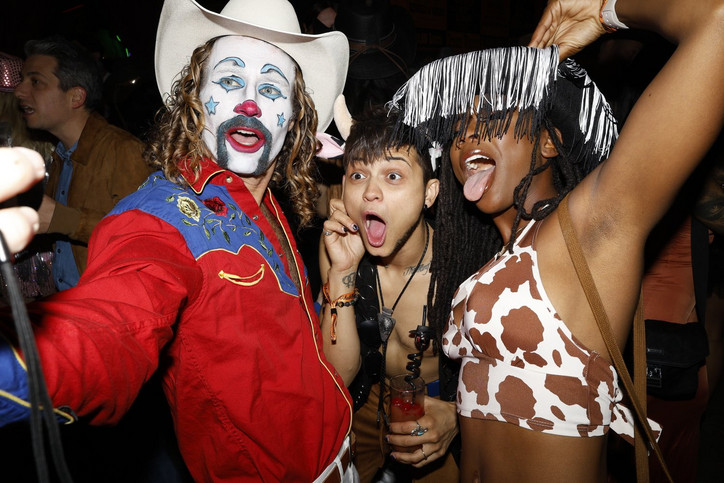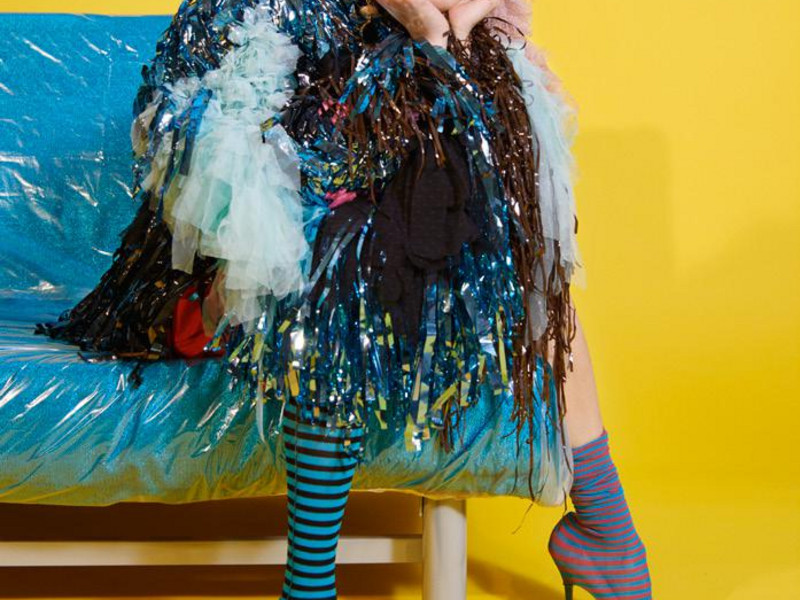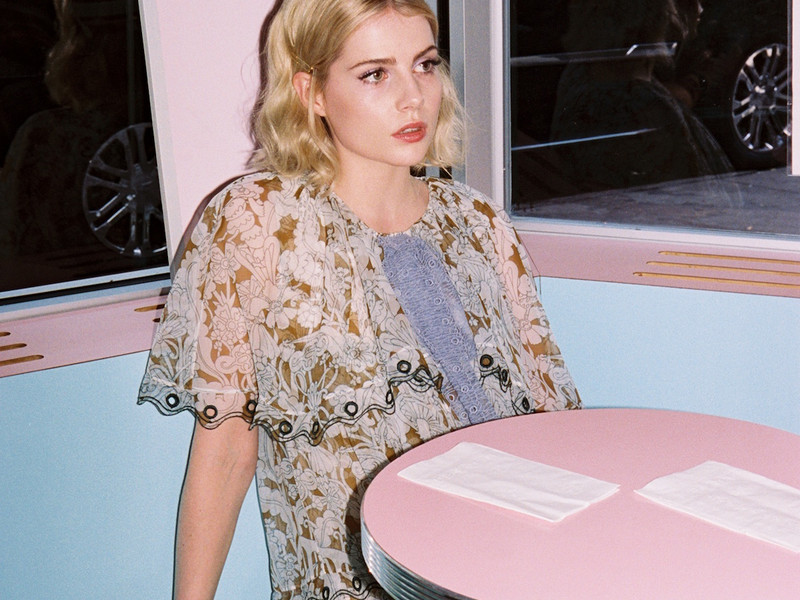Rest
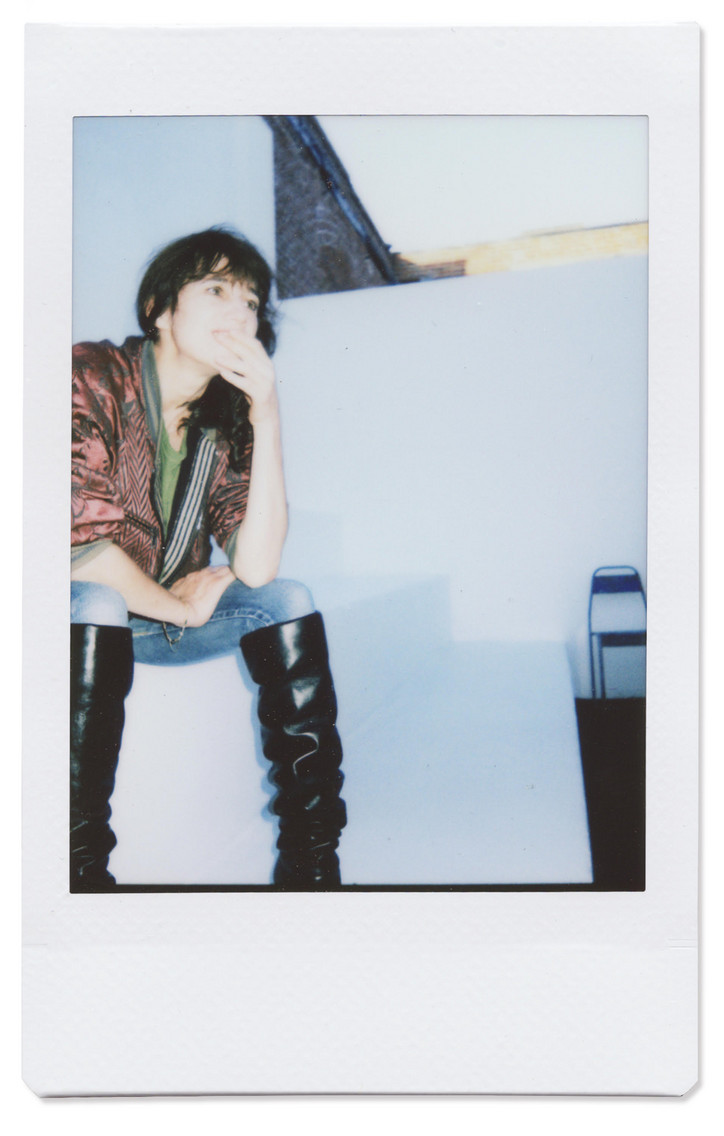
How do you like being in LA?
For a short time it’s fun. A lot of fun. I’ve been here for long periods of time when I wasn’t working and it became depressing. I think it’s best when you have a project, when you're working on something and busy. I think it's a great place to be. It’s quite inspiring. Maybe it’s the isolation. But it’s sort of — I don’t mean to be rude — beautiful in the ugliness. There is a lot of decay, withering around the corners. Yeah, it’s quite dark, a lot of sides of it.
Tell me about the book. When did you decide to make it?
Oh, I didn't know that I would release a book. I would have found it pretentious to think about it from the start.
Why pretentious?
Because I’m not a photographer. I’m not an artist. You know? Not a painter. But it was fun, realizing that once the album was done, I had a lot of things that had accompanied me during the making of the album. A lot of it was visiting this cemetery where my sister is in Paris. And in relation to that, it was my new life in New York. The isolation in the cemetery in this very busy city. And a lot of auto portraits during that time. My friend Natalie, who was with me all of the time, she saw me draw, she saw le matériel. She saw the amount of stuff that I had. And she said it would be fun to make a book. So she was the one who persuaded me and who sort of put it together. I wanted it to be very random; there wasn't a story to tell behind the book, apart from what was going on in my head during the making of the album. That's it.
It’s the visual representation.
It's like a scrapbook, really, of me trying a bit of everything — photography, drawing, the beginning to the lyrics, which was a real process for me because I hadn’t done it in the past. I didn't feel I was confident enough to write them. I think the fact that I was in New York, there was a freedom. So it came together there. It's very obvious now why.
Like an anonymity.
Yeah. And it's a city that I didn't know and that I discovered little by little, but it wasn't an inspiration for the album. I never thought of New York as an inspiration. It was just the fact that I was on my own, discovering and escaping my old life with my children, with Yvan. Everything was new.
You didn't have that baggage.
Heavy baggage. It was a completely new sky, which was very exciting. And also the fact that in New York, or LA, I guess, everybody does everything. It's not that big a deal to write lyrics, or to take a few pictures, or to draw. Everybody is being an artist; having fun with it is not being pretentious. So, I found it very liberating.
Can you explain more about what your time in the cemetery was like?
Initially I avoided the cemetery because my father is there too. And because he died when I was 19, and being who he was, the cemetery was always filled with people, and so it wasn't a place I wanted to go to. And because of the depressing image for me. I preferred to go to his house, which I bought and left everything as it was. That was my cemetery during all those years. When my sister died it was completely different in the sense that I needed to talk about her. I needed to make her a part of my life still, and going to the cemetery was so obvious. I needed a place to visit, to talk. And I found myself like those little old ladies going to visit their époux, their husbands. It was a place that didn't scare me anymore. It's funny because with my father, it was a nightmare.
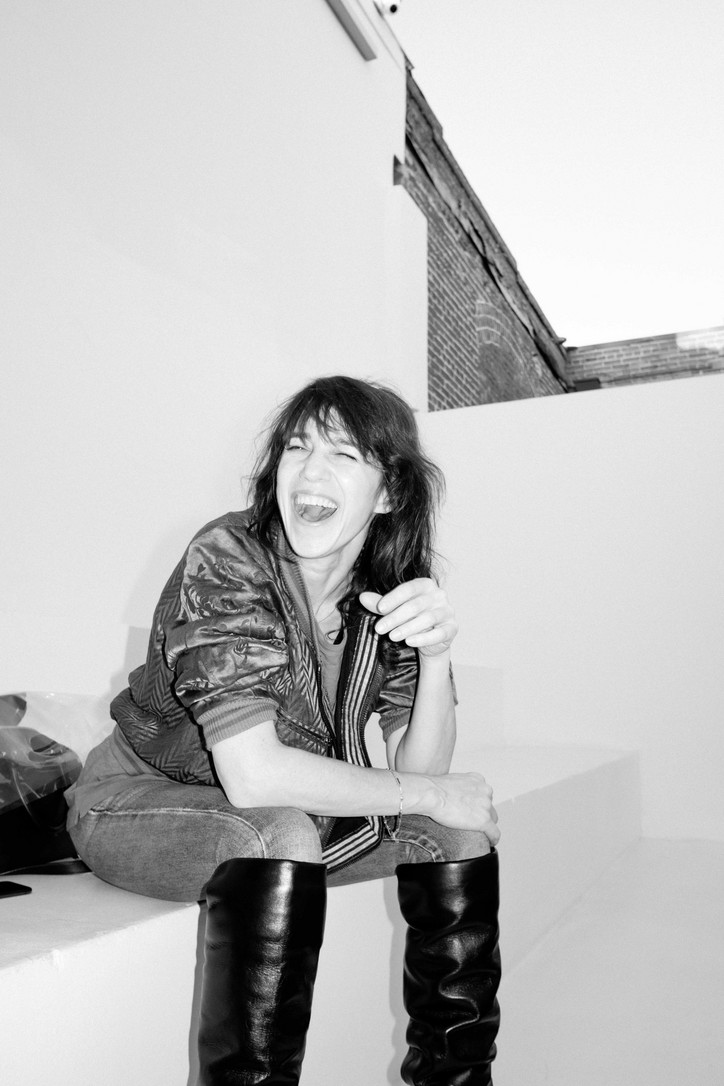
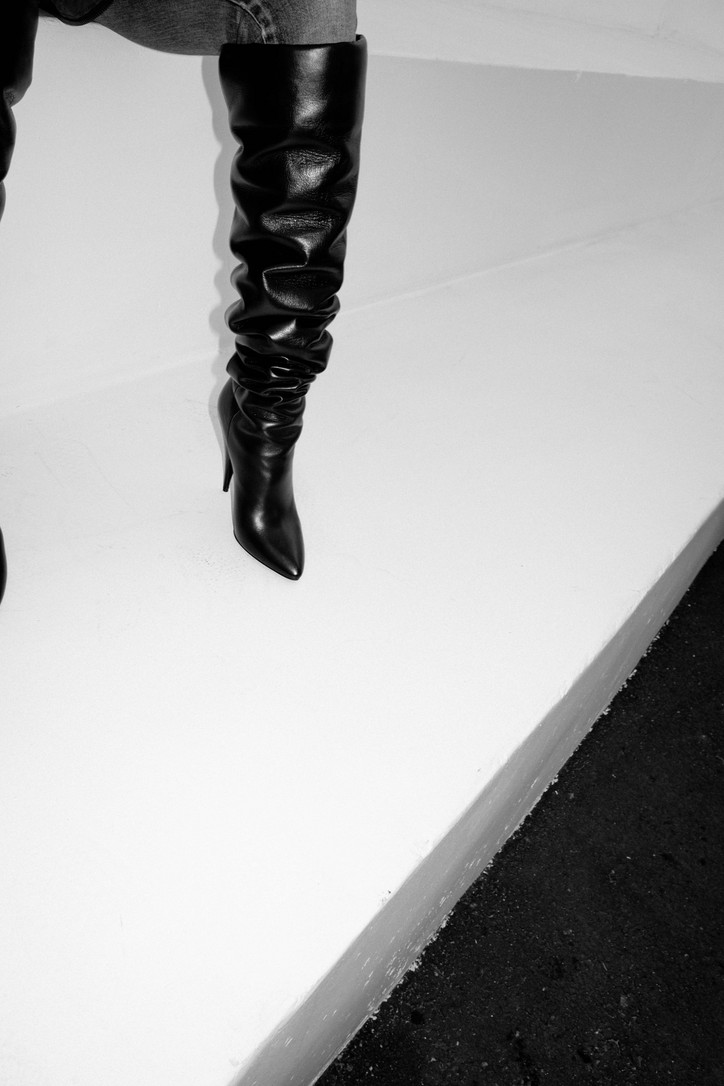
You were so young as well.
I was very young. I wasn't a kid, but I was in a very depressed time. So he only saw that. And I had so many questions; I had so many things I wanted to share. And it was at a time where I was going to live with him again, because I was so distressed, so it was really the starting point of something that was taken away. So, I had no more legs, and this cemetery was the last place I wanted to go to. But I met Yvan right at that time, so he was so important at that time. I realize, with being together for 28 years, I realize the patience he had those first years. Like eight years of having someone you have to drag along. (Laughs)
I can imagine such an experience would bond people in a way that no other circumstances will. What was it like performing Coachella? You did 10 years beforehand, right?
Yep.
Must be such an interesting experience— with all the other acts and the characters in the audience and everything.
It's very ... when you realize that you're nothing, you have to become very modest. That people next to you are so huge, it's hard to understand what you're doing there, you know? Like, are people really coming to see me? No, not really. They're just passing by. But people were very, very warm, which was just a big surprise. Each time was a big surprise. The first Coachella I did, I was such a beginner. It was my fifth concert. It was so overwhelming.
I can only imagine with so many people … there are like 125,000 tickets sold.
It was exhilarating, really exhilarating, compared to the four other shows I had done before. This, I couldn't relate it to anything else. It was a wonderful first experience. After the first performance, I found it hard knowing that you have two to do. It's not just this one performance. No, you have to go back and be better the second time. I like progress.
What do you mean when you say you have to be better?
To be more at ease, to have fun, and if possible — not sure I could get there — but to not be stressed. People are there to have fun. And I realized that, once I went on the other side of the stage, and had fun looking at other artists. That's the point, really.
Tell me about yourself. Who are you?
I hope I'm changing, I hope I'm not the same as I was yesterday, and... I have this sort of evolution, in a good way. But I wouldn't be able to define myself, and I wouldn't want to. That's why when people ask, “You're more of an actress or a singer? What do you prefer doing, if you had to let go of one?” That's why I just did photography and drawing; I don't want to have to choose. I don't want to have to explain anything, really. And I thought that writing my own lyrics would finally give me a chance to not have to explain, you know, because everything is there. Everything you want to say is there. But no, people want explanation. (Laughs) I like keeping things a little secret. Today, we have Instagram, and the media. You feel that you have to give everything, and I love the idea that I have secrets.
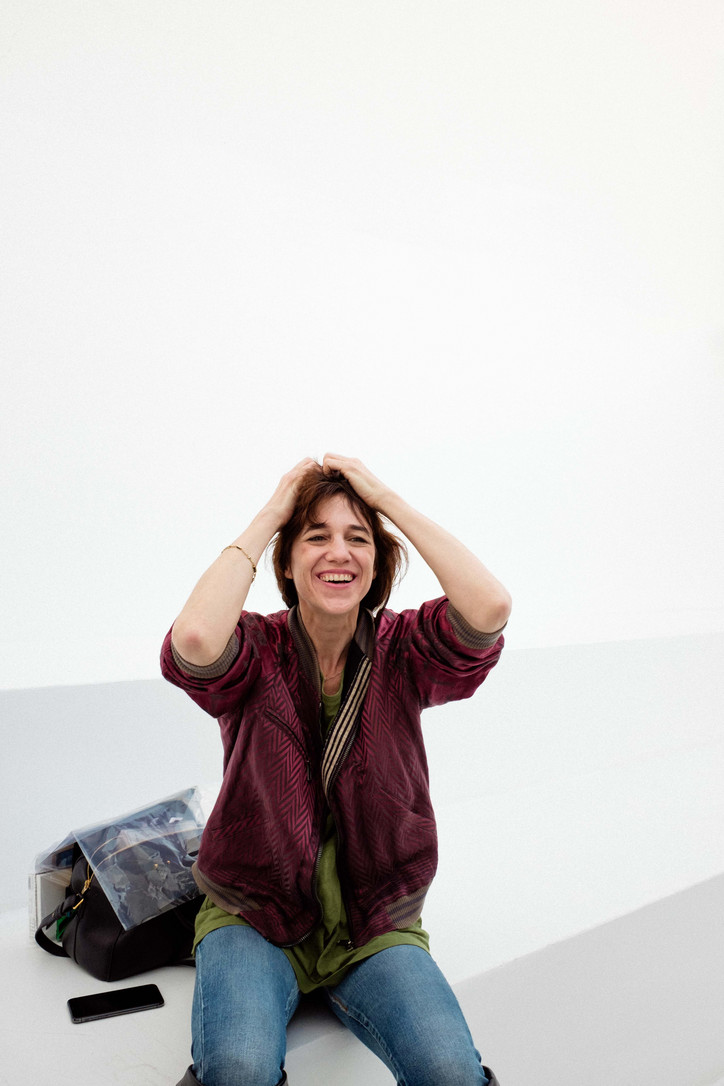
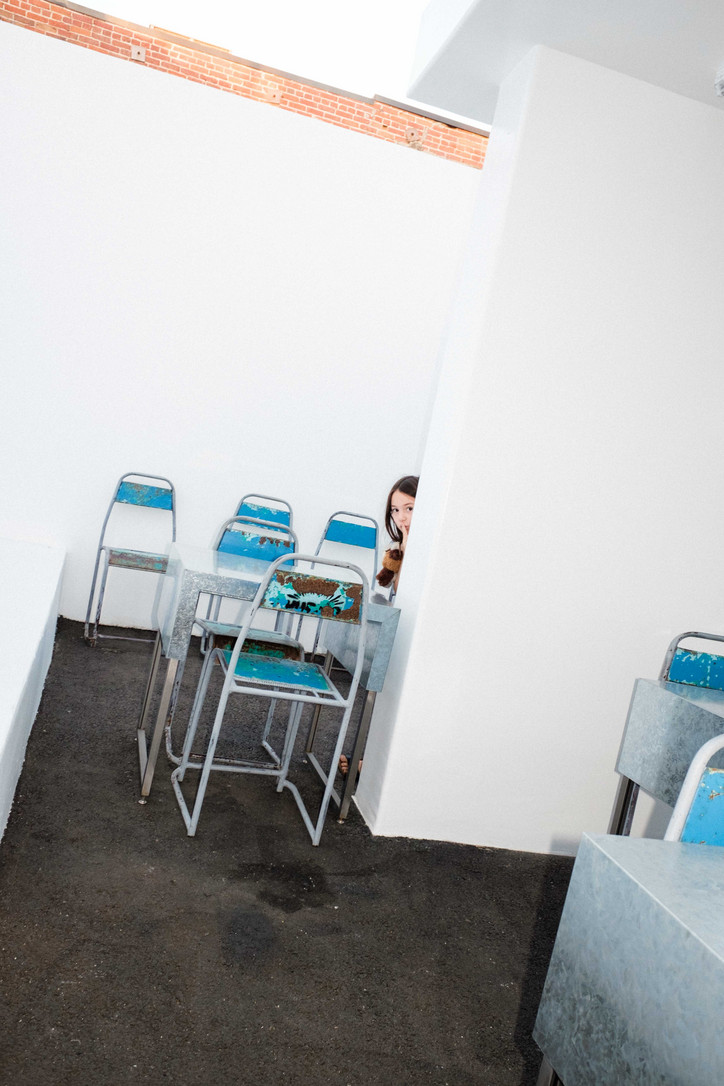
You just opened your Instagram account. How do you feel about that?
It took me a very long time, because I didn't feel that it was legitimate. I felt that I was completely the opposite of Instagram, the opposite of doing selfies and just in what I wanted.
What changed?
I want to tell people that I'll be in that city, doing a concert, in two weeks. But it's not only to promote my tour because, if not, I would have done it two years ago. I think it's a pity not to take advantage of that kind of media. I don't do it spontaneously at all. I like to think about it as work. I like working, so I like to imagine that it's not my private life, but it's a vision of a bit of who I am—who I want to be, what I like. And why not take advantage of that? Maybe I'll stop in a month (laughs). That's the thing, is to be able to be consistent, because doing a tour, it's easy to be inspired with your own work. When I'm back in my private life, cooking for my children, I'm not sure I want to share my meals.
What were you like as a child?
I wrote a song about that; it's called “Les Crocodiles.” I felt so different. I was such a free, free human being. Not to say that I was happy and everything was jolly, but I was so... intègre... whole. I didn't doubt myself. I felt very confident. And then, suddenly, the confidence was sort of pulled off my skin. I became very vulnerable.
When did that happen and why?
I don't know. My parents split when I was nine, but I don't think it affected me in a very dramatic way, because I was able to have my father to myself in a very selfish way. But, I don't really know. I was happy to do films, to be suddenly recognized for myself and not the daughter of my parents. So that was a big step, but maybe it meant looking at myself a lot, at an age where you're not comfortable. I remember doing interviews and that I didn't know what to say. I had nothing to say. And I didn't like the words I chose; I was so picky about everything. Everything was important. So, I think that was maybe a place where my childhood had gone away, I think. So quite early, at 12.
Wow. I can't imagine all the pressure of choosing words for cameras…
Yeah, just also understanding what people wanted to know about at that time. I do remember my sister, Kate, when I used to say, “Ah, my childhood was so, so beautiful, remember those times in Nottingham?” She would say, “But we were so bored. Our parents were never there. We didn't know what to do.” She had that dull recollection, and I was all flowery with my beautiful memories.
You’ve described your childhood as mysterious. What did you mean by that?
Not mysterious. I think it was just very... I used to talk to things. I used to talk to objects. I used to have a person that accompanied me, that I would have a dialogue with. So it was sort of a fantasy world that I really was very, very attached to. I think that made me very confident, and I had no doubts about where I was, who I was, what I wanted. I was very stubborn, very stubborn and very... how do you say, cholérique? Bad-tempered.
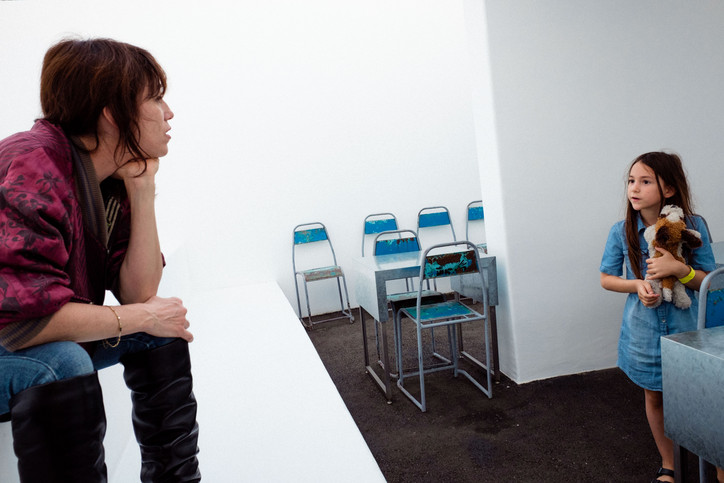
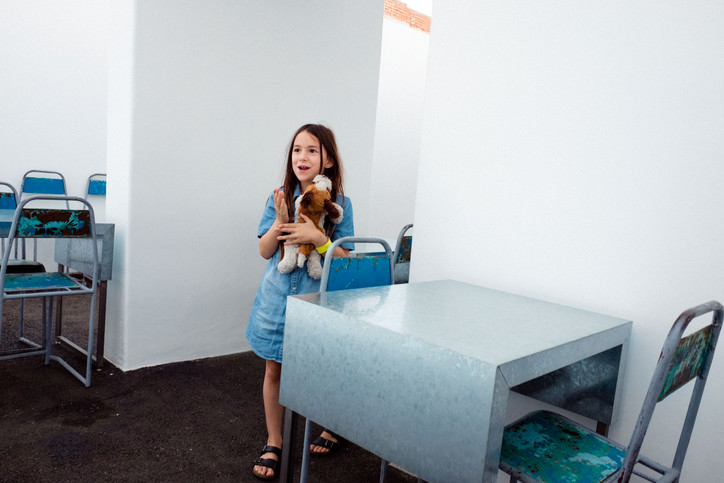
I interviewed Connan Mockasin, a few months ago, and he was talking about his time with you, and he said it was just so lovely.
Oh, I love him. It was the first time I was able to tour and have fun. It was wonderful because the musicians were so talented, and I felt really lucky to have such professionals with me. But I felt like a total beginner, and being my age as a beginner was weird. So, it felt as if I was pretending to be the professional I wasn't. So, I didn't really share much with my band because something was off, you know? With Connan, it was great. He made me feel so comfortable with the fact that he didn't know what he was doing, and everything was accidents, and that was part of the fun. And also, sharing the stage with someone made me relax. He also was the first person who made me write. After that tour we did together, he said, “I know you can't write lyrics, and we have to just be in a quiet place. I'll come up with melodies, and you have to come up with words.” And I remember, [my daughter] Joe was a baby. She was one. And that's what we did all day in a little cottage I had in Brittany. And it worked! He made melodies, and the words were coming, and I wasn't that embarrassed. It was great because it opened a door, completely. So that's really thanks to him. And then we kept in contact, and he's such a peculiar person. I love his personality!
I know! Have you seen the film, Bostyn and Dobsyn he recently released?
No, I haven’t. He's a real performer. He's a real character, performer, very authentic, and... And his band was so close, so close to him and his personality, everything was wonderful together.
Yeah, and it’s interesting that he didn’t study music in any traditional sense. He kind of just taught himself how to do everything and his mom pushed him to begin his career on his own terms. And you come from a family, obviously, of music. It's interesting for you to feel comfortable with him, where he literally just figured it out on his own.
Yeah, but with my family, there were no rules. Everybody did everything. I'm so thankful to understand that my father proposed things in a very heavy way. Because he did songs and I sang them with him. It was very obvious. There was nothing awkward or embarrassing. And my mother also, she was much more tactful in a sense that she left a note saying, “If you want to go to this casting, they're looking for a girl your age.” She didn't even say “You should try,” she just was very open. And I went—I can't remember what I had in my mind—but surely, I wanted something. I remember doing the casting, and then being so nervous, and... And then, when there were only two left, and I was still in the game. So exciting! A part of me, even at that very young age, part of me really wanted to be in that realm. But my parents didn't do it in a very professional, you know, “You have to,” or “This is how you do things.”
What are you doing next? You’re making a documentary about your mom?
Yeah, but it's still on hold. I have to understand where I'm going with it. Nothing's done. I just want to get into a new album, that's my goal. I know that I'm very slow, it took me four years for this one, so, hopefully, it will take less than four to get to where I need to go, and where I want to go. But around music, for sure.
And where would you do it, in New York?
That, I don't know, because Yvan, my partner, is completely fed up with New York. He works in France, so it's hard for him to commute all the time. So we've had a complicated organization till now. I want to stay, but we’ll see. I do believe that I need to be inspired by a place. Not write about the place, but to be able to write in good conditions.
I understand that. Maybe London?
I thought that I could, and then I went there, and no I don’t think it will work. I was born there, but it's very intimidating for me. It's very intimidating.
'Rest' by Charlotte Gainsbourg, is out now.

